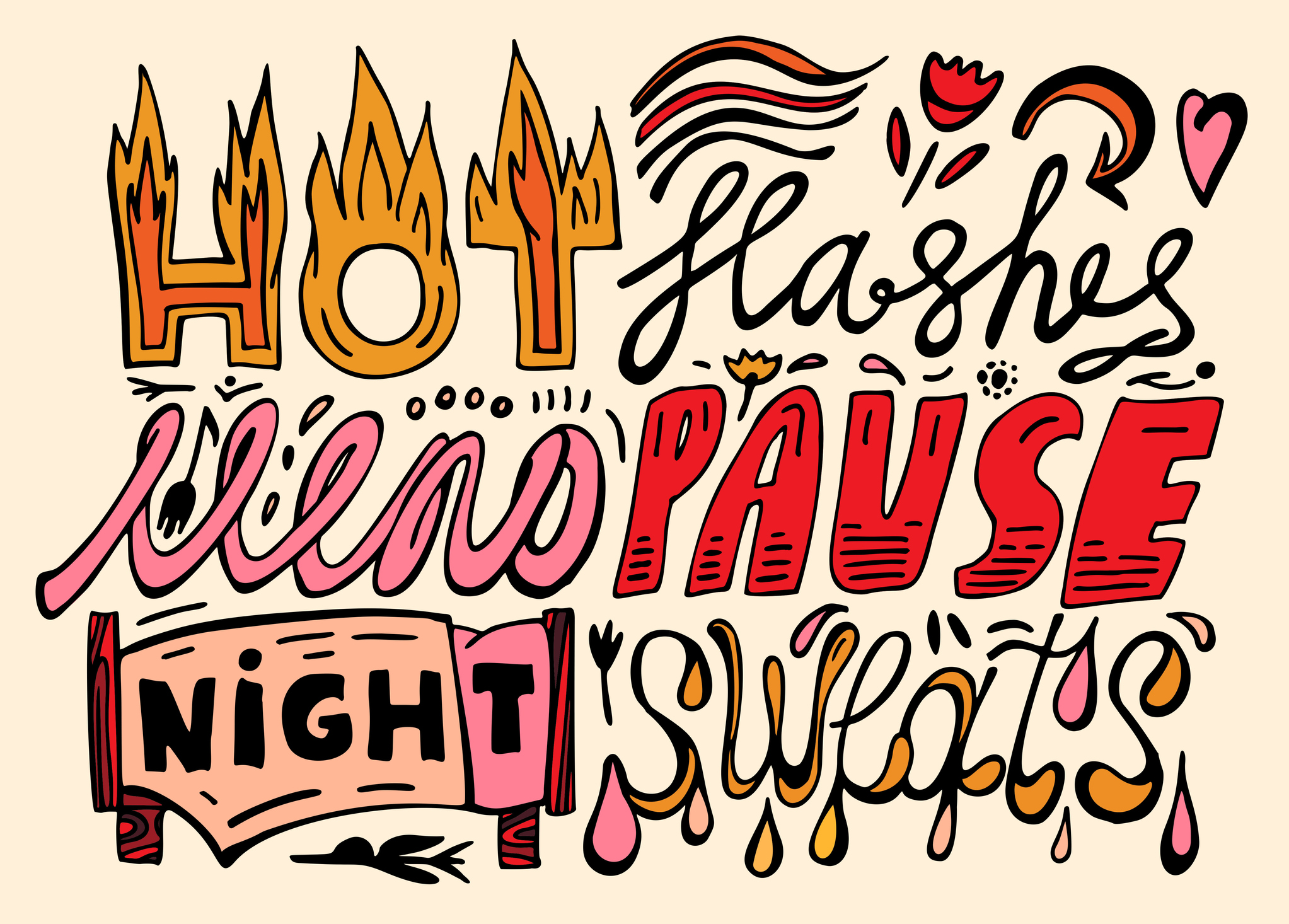If there is a daily battle over the thermostat underway in your household or a nightly heatwave rolling in, women of a certain age should know they are not alone and there are strategies to cope better with menopausal hot flashes and night sweats. According to a recent Medical News Today report, up to 85 percent of women report having hot flashes during peri-menopause and menopause.
A hot flash can be identified as a sudden hot feeling that spreads mainly through the chest, neck, and face. When this occurs at night, especially under heavy bedding, a hot flash can lead to night sweats. In most cases, women experience natural menopause between the ages of 45 and 55 and it lasts for an average of 7 years. Changing hormone levels affect the body’s ability to control temperature resulting in sudden hot flashes and sometimes excessive sweating.
In certain circumstances, menopause is caused not by age but is brought on by surgery or chemotherapy. For some women, the symptoms can be severe and persists for as long as 14 years. When hot flashes interfere with daily life, it’s time to try some lifestyle modifications to help reduce symptoms. Talk with your doctor about medication if these tactics aren’t working.
By avoiding common hot flash triggers such as alcohol, spicy food, caffeine, and smoking, many women can control their symptoms. Plan to dress in light layers that can be easily removed should the need arise. A small fan placed by the bedside can also offer relief. The bedroom should be kept cool with air conditioning or an open window if the weather is warm. Try taking a cool shower before bed or when a hot flash strikes or run cool water over the wrists. Keep bedding on the lighter side and layer blankets or quilts for easy removal. Some people find a cooling gel pillow or mattress pad can also help prevent sweaty nights.
In addition to these suggestions for managing hot flashes and night sweats, practicing deep paced breathing, cognitive behavioral therapy or meditation may help alleviate the stress that can worsen hot flashes. Because hot flashes and night sweats are worsened by being obese or overweight, maintaining a healthy weight with diet and regular exercise is also beneficial.
Some people find that certain supplements may help reduce menopausal symptoms, but like any medication or over-the-counter supplement, it’s important to talk first with your doctor or pharmacist. Some herbal remedies can interact with other drugs and lead to dangerous side effects.
Hormone replacement therapy may be recommended by your doctor when all other strategies fail, but women who have had breast cancer or a blood clot may not be able to take hormone therapies. Antidepressants and some off-label prescription medications are sometimes used when HRT is too great a risk.
Read more about how to manage menopausal symptoms by following this link to the North American Menopause Society website.






Add Your Voice
0 Comments
Join the Discussion